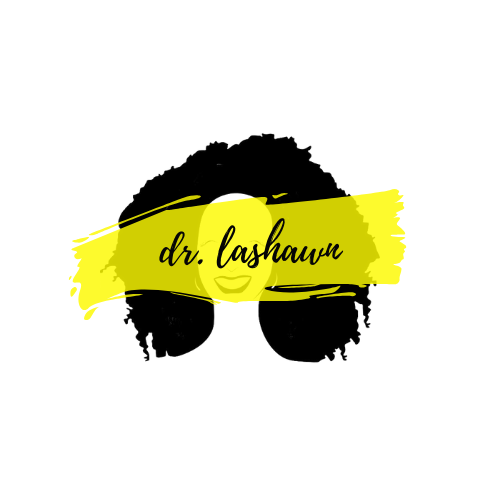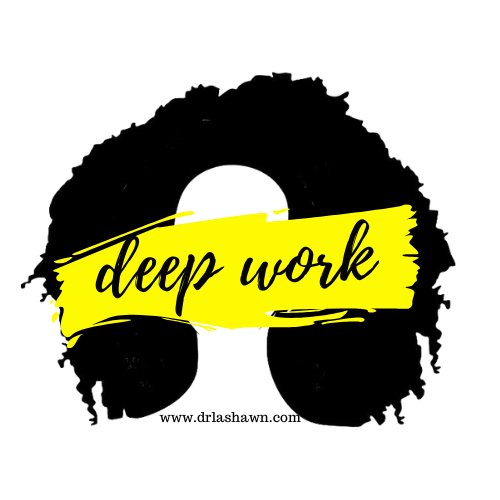I initially wrote this post after I shared a social media post about a white supremacist protest in Farmington, New Mexico.
I looked at the photo of the people gathered in the protest and I wondered if people they knew – family, friends, etc – saw them in the picture and agreed with them or felt embarrassed to know them. I wondered what I would do if I saw one of my friends in a protest photo like that, but then I laughed to myself as I remembered that my kids’ father was a huge Bundy Ranch supporter, when that was happening and traveled to the ranch as demonstration of his commitment to liberty. I wonder how long it will be until I see my kid’s father in a photo of a protest that goes viral on social media?
As I walked my way through these thoughts, I wondered about those of us hitting the share button. I think we can get into a bit of a routine – see injustice, hit share, consider ourselves aware and allies in solidarity with the cause and then move on to our memes and the rest of our day.
I was a bit tired of hitting the share button and I saw many people adding their own verbiage to their post-sharing, urging friends/family to stand up against this type of demonstration and to speak out when they see it.
But that’s all we say, really.
We say “go do it!” and we cheer ourselves & others on when it happens, but it usually happens on social media comments where it easily devolves into posturing and blocking. So much for changing hearts and minds.
So I tapped into my relational self and thought about the work truly needed to change the tide with people like this in your neighborhood or family. It’s something that takes deep relational, interpersonal work. In the classroom, I tell my students that we facilitate change at about three levels: raise awareness, provide education, & create interventions.
We can all raise awareness with the share button.
We can provide links for education.
But it’s our relationships that make the interventions whether interpersonally or structurally (if we have the access to resources and power to leverage them for structural change).
Let’s say you share a post or a link on social media to raise awareness about oppression as manifested through some type of “-ism” – you hope that it’s the magic post for change, right?
You have a few folks in mind who you’re constantly hoping will change some of their harmful views about specific populations when they see one of your many posts. Maybe one day, they’ll read it and the light switch for justice will flip!
So far, no luck.
So you keep posting. They’ve engaged a post here or there with their views and maybe you’ve gotten into it with them or you’ve had friends and others in your circle, connected to that person or not, engage them as well. They haven’t seen the light, yet, but they’ve stopped engaging because their fragility is higher than their stamina.
You get it.
So at this point, you have a few choices, depending on that person and their relationship with you as well as your own fragility and stamina that day.
You’ve made your regular awareness raising post. You’ve linked to different articles for education in the comments. You say your regular “dear universe please change this persons heart, amen” prayer and you hope it reaches a person that you think needs it.
And you’re probably right. They do need it. What you might not be thinking is that they may need some deep work in real time while in direct relationship with you.
You check in with yourself and your emotional reserves and decide you’ve got the energy to open the door to conversation in the spirit of connection. You grab the social media link you just posted and prepare to send it to them.
You might say:
“Hey [insert friend/family member here] have you seen this? What do you think about it? I don’t know that we’ve ever had this type of conversation before (we’ve interacted on social media and I don’t think it’s been great – to be honest, but because you are someone I value, I’m wondering about your views and how you came to them. Not just on this issue, but many – I’m just starting with this one.”
They might reply “Well I see your social media posts so I don’t think we’ll agree and I don’t really want to bring politics into our relationship.”
You might say, “You know what, I get that. I think we might not agree sometimes. Have you ever wanted to reach out and talk to me about why I believe the way I do? I think we get worried that it will cause damage to our relationship, so we don’t reach out. I have shared this on social media generally, but I have been thinking about a lot of things recently and so I wanted to reach out to you personally if you’d be willing to talk about it. I don’t think we need to come to a complete understanding in one conversation but I hope we have the kind of relationship that we can get there over time. I think at our core we all want the same things. I really want to try because I hate to think about losing people I care about when we have big tension around current events. Thanks for considering my offer & please know that if you ever see something on my social media that you don’t understand why I believe as I do, I hope you’ll reach out to me to gain understanding too. I have a few ideas for how we can engage, but I’ll wait to hear from you.”
It’s not a magic wand but it is a beginning.
Every moment is another opportunity for a beginning intentionally rooted in connection. You’ll need support in the process. I’m willing to work with you as you work with your loved ones. Let’s set up some time to talk. Email me at info@drlashawn.com or get on my schedule for a discovery call to see what we can create together to support you in this work.

